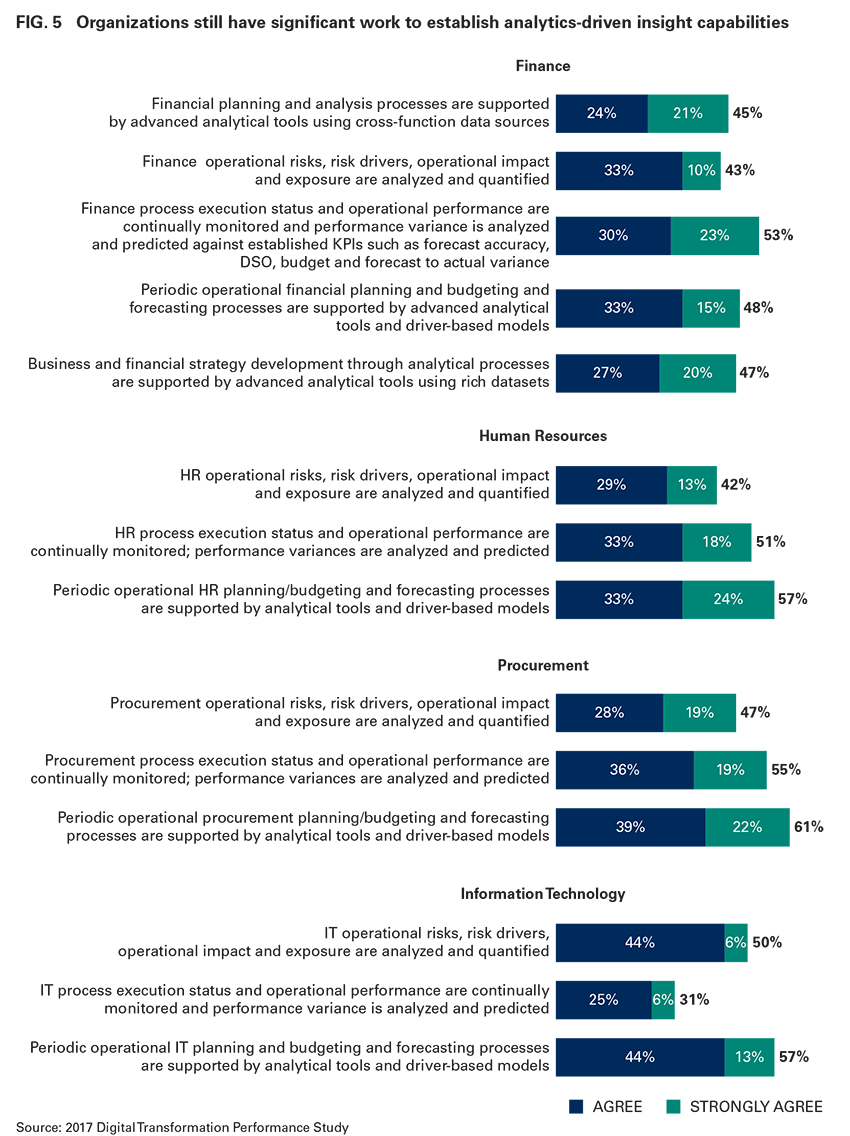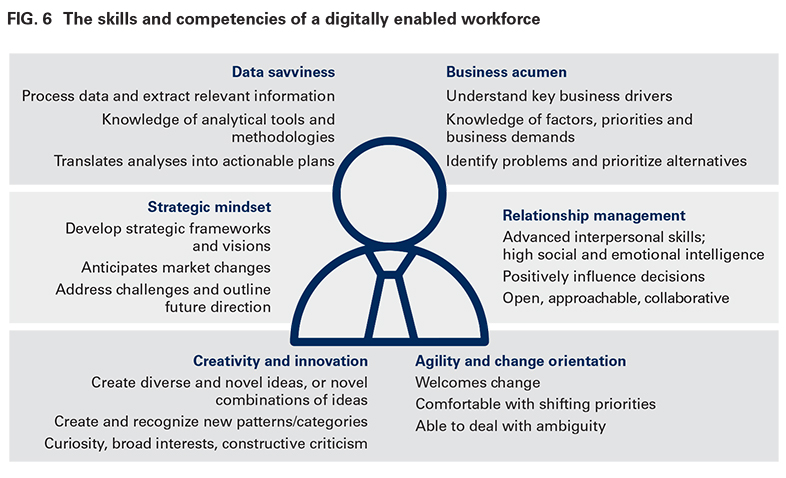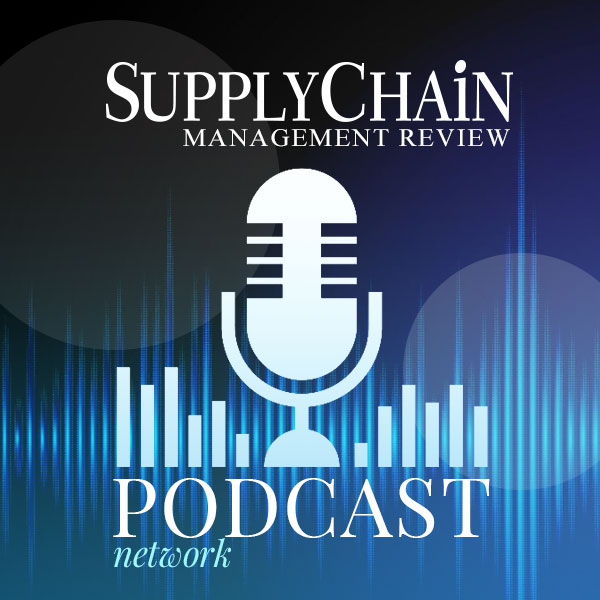Recent research by The Hackett Group points to rapid acceleration of the use of mainstream and emerging advanced analytics tools. Analysts also examine new skill and resource requirements required to benefit from those capabilities, as well as strategies for developing such skills and building an analytics organization for the future.
When Dr. Joel Bresser began designing the curriculum for the Certified Enterprise Analytics Professionals (CEAP) at the Hackett Institute, he discovered that while supply chain managers viewed improving procurement analytics as critical, they were less confident in their ability to execute.
That conclusion was recently confirmed by the findings contained in the report, Closing the Enterprise Analytics Talent Gap: Building the Essential Skills for Insight-Driven Businesses, co-written with Hackett's vice president of research, Erik Dorr.
“A lot of the numbers we captured indicate a genuine willingness for digital transformation in the procurement sector,” says Bresser. “But there's a great deal of denial in there, too.”
Procurement leaders surveyed expect significantly increased use of predictive and prescriptive analytics tools across key functional processes within the next 12 to 24 months. At the same time, mainstream adoption of cognitive computing/artificial intelligence is expected to grow at an even greater rate, Bresser observes.
“Tomorrow's digital and analytic workforce will have dramatically different roles in business functions,” he says. “As automation decreases the need for highly manual and task-oriented activities, organizations instead will need to create new roles and develop or acquire new skills. These include job titles like data architect, data scientist, digital partner behavioral scientist, and information security expert.”

The report goes on to note that these roles will require professionals to perform activities such as performing analyses, identifying and solving problems, serving as a business partner, mining data for new opportunities, and developing predictive models.
“These individuals will need finely enhanced skills and competencies in a range of disciplines in order to perform those roles,” says Bresser. “Many organizations, however, lack sufficient depth in these skill sets today.”
Chris Sawchuk, the Hackett Group Principal & Global Procurement Advisory Practice Leader, read the report with great interest, and comes to many of the same conclusions as the authors.
“We expect to see a much more rapid acknowledgement of these findings in supply chain management in the next couple of years,” he says. “Already, many companies are creating the ‘chief digital officer' title.”
War on Talent
Michael Gravier, an Associate Professor of Marketing and Supply Chain Management at Bryant University, notes that the time of this report comes as the “war on talent” is heating up.
“Unemployment is at an extreme low and wages are starting to experience inflationary pressure. Many of those who gave up looking for employment during the Great Recession will likely begin to re-join the workforce.”
Yet Gravier observes there's a stark issue: the worker talent gap. In the general workforce workers don't have the skills to fill many jobs. In the supply chain management arena, huge shortfalls of talent have been forecast for years, and there are not enough colleges and tech schools to graduate all the required talent for future needs. The upshot will be the re-creation of old practices.
“Many companies used to have on-the-job training programs because the expectation was to have to develop the workers, especially when industries like automotive and manufacturing were relatively young, and no developed workforce existed,” he says. “The rapid pace of technology will create a scenario that in some ways imitates a world where no developed human resources exist. Creating and continuously developing a workforce will require society to invest in training and education on a continual basis.”
According to Gravier, several social institutions will make that happen. Companies will play a key role, with a few even have creating their own “universities.” Organized labor and professional associations will step in to fill the role of trainer, educator, and talent bank for jobseekers and mentors. SCM professionals may also see unions re-invent themselves in ways that facilitate worker mobility while rectifying the issue of stagnant wages this country has faced since the 1970s.
“Governments at all levels will work more closely with private organizations to innovate our public school curriculum to expose the future generations to the amazing world of technology and collaborative innovation that characterize modern society,” he says.
Executive Search
Tisha Danehl, vice president of Ajilon – a national professional staffing firm serving the supply chain industry – agrees that employers must supplement hiring with training and other development programs to get their new hires up to speed.

“Examples include cross-functional training, mentoring programs, coaching, and online training,” she says. “Increasing the skills development of existing employees can be a cost-effective way to keep up with the digitization of supply chains. To be most successful, make sure to design these training programs according to learning pace, style, and personal objectives with specific goals and timelines.”
Danehl was also finds conclusions of The Hackett Group's research consistent with what executive recruiters are seeing in the industry.
“Apprenticeships are on the rise as companies look to reshape their workforce by training them in very sophisticated skill sets,” she says. “While supply chain and procurement was once viewed as an industry with a limited career track, it is now occupied by more technical workers in higher paid, skilled positions.”
SC
MR


Latest Supply Chain News
Latest Podcast

 Explore
Explore
Education News
- Do net-zero goals matter?
- Leadership development for supply chain leaders
- ASCM introduces Supplier Relationship Management certificate
- An educated workforce is loyal, but what type of education is best?
- When the scales tilt: Making vaccine access work for all
- Five organizational action areas for developing supply chain talent
- More Education
Latest Education Resources

Subscribe

Supply Chain Management Review delivers the best industry content.

Editors’ Picks





